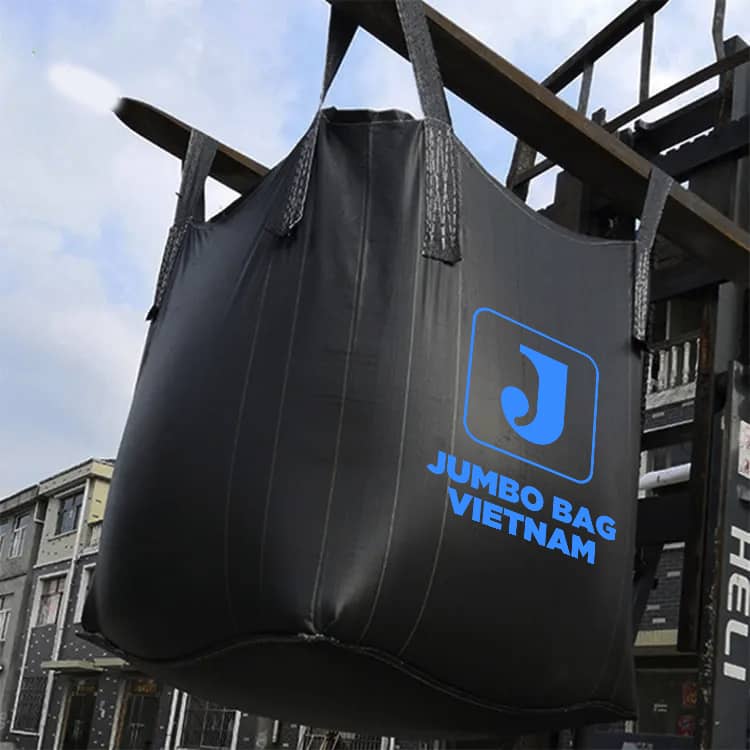
Flexible Intermediate Bulk Container (FIBC) is a type of large, woven bag used for the transportation and storage of dry, flowable products. Also known as Jumbo bags, Big bags, or Bulk bags, FIBCs are commonly used in various industries such as agriculture, mining, construction, and chemicals.
FIBCs are made of woven polypropylene fabric, which provides strength, durability, and tear resistance. The fabric is sewn together to create a bag with a variety of options for closures, lifting, and filling. FIBCs come in a range of sizes, from small bags that hold a few kilograms to bags that can carry up to 2000 kilograms.
One of the most significant benefits of FIBCs is their ability to reduce the cost and environmental impact of packaging. FIBCs can be reused multiple times, reducing waste and the need for disposable packaging. Additionally, FIBCs are lightweight and take up less space than other packaging options, reducing transportation costs and emissions.
FIBCs have many advantages over traditional packaging methods. They are easy to handle, store, and transport, making them a popular choice for many industries. In addition, FIBCs can be customized to meet the specific needs of a product, with options for coatings, liners, and antistatic properties.
In conclusion, FIBCs are a versatile and cost-effective solution for the transportation and storage of dry, flowable products. Understanding the basics of FIBCs can help businesses make informed decisions about their packaging needs, ultimately leading to cost savings and environmental benefits.